-
 bitcoin
bitcoin $87959.907984 USD
1.34% -
 ethereum
ethereum $2920.497338 USD
3.04% -
 tether
tether $0.999775 USD
0.00% -
 xrp
xrp $2.237324 USD
8.12% -
 bnb
bnb $860.243768 USD
0.90% -
 solana
solana $138.089498 USD
5.43% -
 usd-coin
usd-coin $0.999807 USD
0.01% -
 tron
tron $0.272801 USD
-1.53% -
 dogecoin
dogecoin $0.150904 USD
2.96% -
 cardano
cardano $0.421635 USD
1.97% -
 hyperliquid
hyperliquid $32.152445 USD
2.23% -
 bitcoin-cash
bitcoin-cash $533.301069 USD
-1.94% -
 chainlink
chainlink $12.953417 USD
2.68% -
 unus-sed-leo
unus-sed-leo $9.535951 USD
0.73% -
 zcash
zcash $521.483386 USD
-2.87%
What are synthetic assets?
Synthetic assets empower traders with increased accessibility, reduced fees, seamless 24/7 trading, and diversified portfolio options compared to traditional asset holdings.
Feb 22, 2025 at 05:25 am
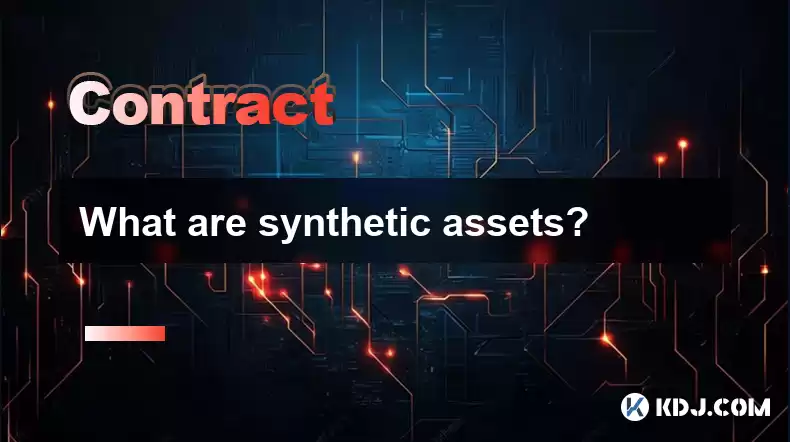
- Synthetic assets provide exposure to real-world assets without physical ownership or settlement risks.
- They are created on a blockchain platform, each representing a specific asset such as stocks, commodities, or precious metals.
- Synthetic assets offer advantages such as increased accessibility, reduced transaction costs, and seamless trading across different markets.
Synthetic assets are digital representations of real-world assets created and traded on a blockchain platform. They provide exposure to the underlying asset without the need for physical ownership, storage, or settlement. By tokenizing real-world assets on a blockchain, synthetic assets offer several advantages to traditional asset ownership:
- Increased Accessibility: Anyone with an internet connection can access and trade synthetic assets, regardless of geographical location or financial constraints.
- Reduced Transaction Costs: Synthetic asset transactions incur minimal fees compared to traditional asset transactions, which require intermediaries and brokerage commissions.
- Seamless Trading: Synthetic assets can be traded 24/7 on decentralized exchanges, enabling seamless and instant transactions across multiple markets.
- Diversification Opportunities: Synthetic assets allow investors to diversify their portfolios by gaining exposure to a wider range of assets not easily accessible through traditional methods.
- Smart Contract Creation: The first step is to create a smart contract that defines the terms, conditions, and mechanisms of the synthetic asset. This contract specifies the underlying asset, its ratio to the synthetic asset, and the parameters for creation and redemption.
- Collateralization: The next step is to collateralize the smart contract. Collateral may come from the issuer of the synthetic asset or through a combination of other synthetic assets and stablecoins.
- Asset Tokenization: The real-world asset is tokenized by creating digital tokens that represent ownership or exposure to it. These tokens are stored and managed on the blockchain.
- Linking to the Underlying Asset: Once the synthetic assets are tokenized, they are linked to the underlying asset's price through a price feed or an oracle. This ensures that the value of the synthetic assets accurately reflects the underlying asset's price in real-time.
- Trading: Synthetic assets can be traded like other cryptocurrencies on decentralized exchanges. Traders can speculate on the price movements of the underlying asset or engage in arbitrage opportunities between different exchanges.
- Redemption: The holder of a synthetic asset can redeem it for the underlying asset at any time. The redemption process is initiated by signing a request and providing proof of ownership. The synthetic asset is burnt, and the holder receives the underlying asset, adjusted for any fees or slippage.
- Q: What are the benefits of synthetic assets compared to traditional asset ownership?
- A: Increased accessibility, reduced transaction costs, seamless trading, and diversification opportunities.
- Q: Who issues synthetic assets?
- A: Synthetic assets can be issued by individuals, companies, or decentralized autonomous organizations (DAOs).
- Q: How are synthetic assets valued?
- A: Synthetic assets are typically linked to the price of the underlying asset through price feeds or oracles, ensuring that their value accurately reflects the underlying asset's price.
- Q: What are the risks associated with synthetic assets?
A: Synthetic assets carry risks such as:
- Smart contract vulnerabilities
- Price manipulation
- Lack of regulatory oversight
- Volatility of underlying asset prices
Disclaimer:info@kdj.com
The information provided is not trading advice. kdj.com does not assume any responsibility for any investments made based on the information provided in this article. Cryptocurrencies are highly volatile and it is highly recommended that you invest with caution after thorough research!
If you believe that the content used on this website infringes your copyright, please contact us immediately (info@kdj.com) and we will delete it promptly.
- Exaverse Roars into the Roguelike Scene: A Dinosaur Adventure Awaits!
- 2026-02-05 00:30:01
- AI Revolutionizes Penny Error Hunting: Unlocking Hidden Coin Value
- 2026-02-04 21:50:02
- Blockchain Evolution: Bitcoin Core Welcomes New Maintainer, Ethereum Explores ERC-8004, and L2s Advance
- 2026-02-04 21:45:01
- Wall Street's Crystal Ball: A Big Bank's Bold Solana 2030 Forecast Amidst Market Swings
- 2026-02-04 22:15:02
- Chiliz Price Takes Flight: Vision 2030 Blueprint Unveils Aggressive Supply Reduction & SportFi Expansion for CHZ
- 2026-02-04 22:10:01
- Bitcoin ETF Jitters? Smart Capital Flocks to HYPER Presale as 'Assets Crash' Narrative Misses the Mark
- 2026-02-04 22:20:01
Related knowledge

How to Manage Emotions and "Revenge Trading" in Futures?
Feb 05,2026 at 12:19am
Understanding Emotional Triggers in Futures Markets1. Market volatility directly impacts psychological states, often amplifying fear or euphoria based...
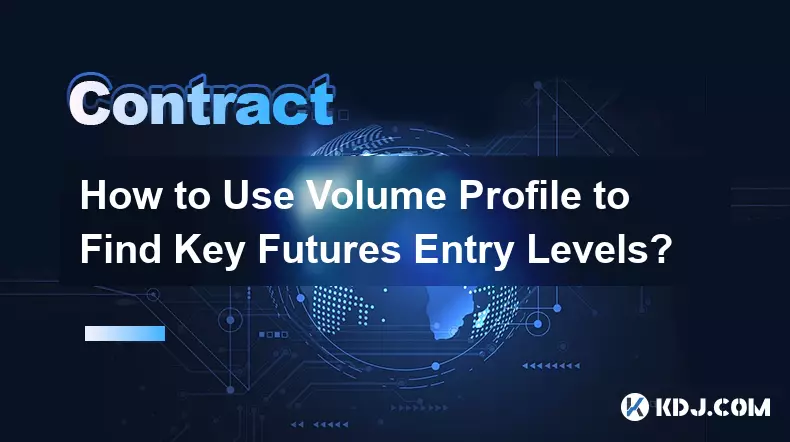
How to Use Volume Profile to Find Key Futures Entry Levels?
Feb 04,2026 at 11:39pm
Understanding Volume Profile Structure1. Volume Profile displays the distribution of traded volume at specific price levels over a defined time period...
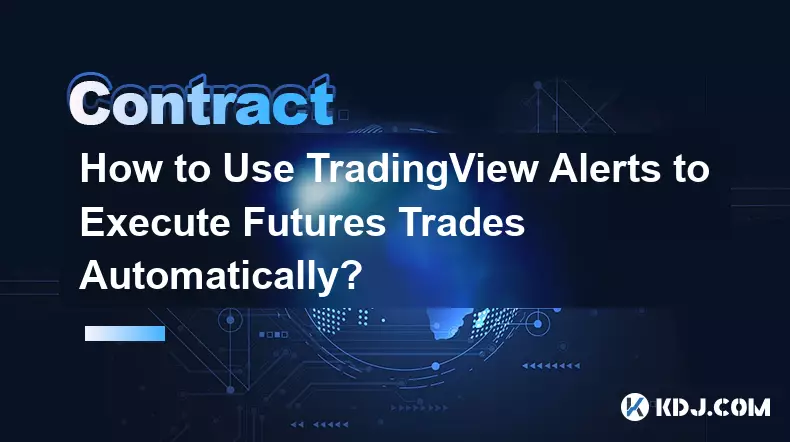
How to Use TradingView Alerts to Execute Futures Trades Automatically?
Feb 04,2026 at 09:00pm
Setting Up TradingView Alerts for Futures Contracts1. Log into your TradingView account and open the chart of the desired futures instrument—such as B...
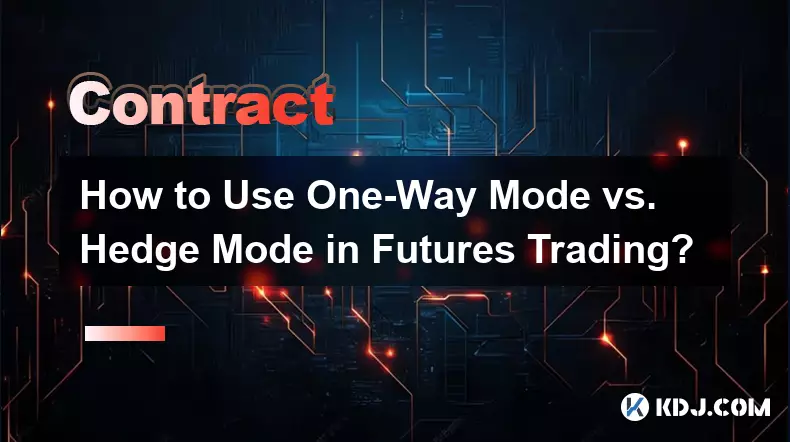
How to Use One-Way Mode vs. Hedge Mode in Futures Trading?
Feb 04,2026 at 06:19pm
Understanding One-Way Mode1. One-way mode establishes a single position direction per asset—either long or short—at any given time. 2. Traders cannot ...
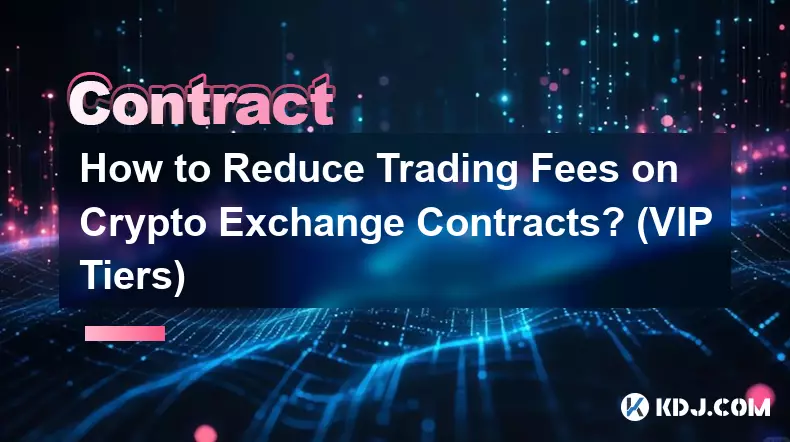
How to Reduce Trading Fees on Crypto Exchange Contracts? (VIP Tiers)
Feb 04,2026 at 10:20pm
VIP Tier Structure and Eligibility Criteria1. Each major crypto exchange implements a tiered VIP system where users qualify based on their 30-day cumu...
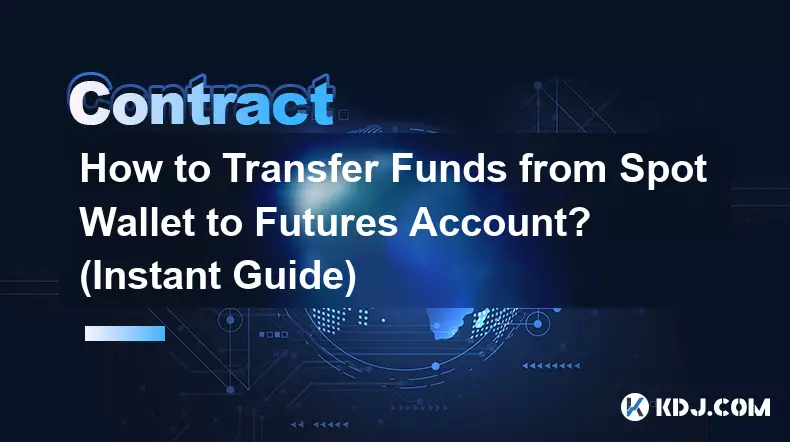
How to Transfer Funds from Spot Wallet to Futures Account? (Instant Guide)
Feb 04,2026 at 06:00pm
Understanding Wallet Separation in Crypto Exchanges1. Spot wallets and futures accounts operate as independent financial containers within most centra...

How to Manage Emotions and "Revenge Trading" in Futures?
Feb 05,2026 at 12:19am
Understanding Emotional Triggers in Futures Markets1. Market volatility directly impacts psychological states, often amplifying fear or euphoria based...

How to Use Volume Profile to Find Key Futures Entry Levels?
Feb 04,2026 at 11:39pm
Understanding Volume Profile Structure1. Volume Profile displays the distribution of traded volume at specific price levels over a defined time period...

How to Use TradingView Alerts to Execute Futures Trades Automatically?
Feb 04,2026 at 09:00pm
Setting Up TradingView Alerts for Futures Contracts1. Log into your TradingView account and open the chart of the desired futures instrument—such as B...

How to Use One-Way Mode vs. Hedge Mode in Futures Trading?
Feb 04,2026 at 06:19pm
Understanding One-Way Mode1. One-way mode establishes a single position direction per asset—either long or short—at any given time. 2. Traders cannot ...

How to Reduce Trading Fees on Crypto Exchange Contracts? (VIP Tiers)
Feb 04,2026 at 10:20pm
VIP Tier Structure and Eligibility Criteria1. Each major crypto exchange implements a tiered VIP system where users qualify based on their 30-day cumu...

How to Transfer Funds from Spot Wallet to Futures Account? (Instant Guide)
Feb 04,2026 at 06:00pm
Understanding Wallet Separation in Crypto Exchanges1. Spot wallets and futures accounts operate as independent financial containers within most centra...
See all articles










































































